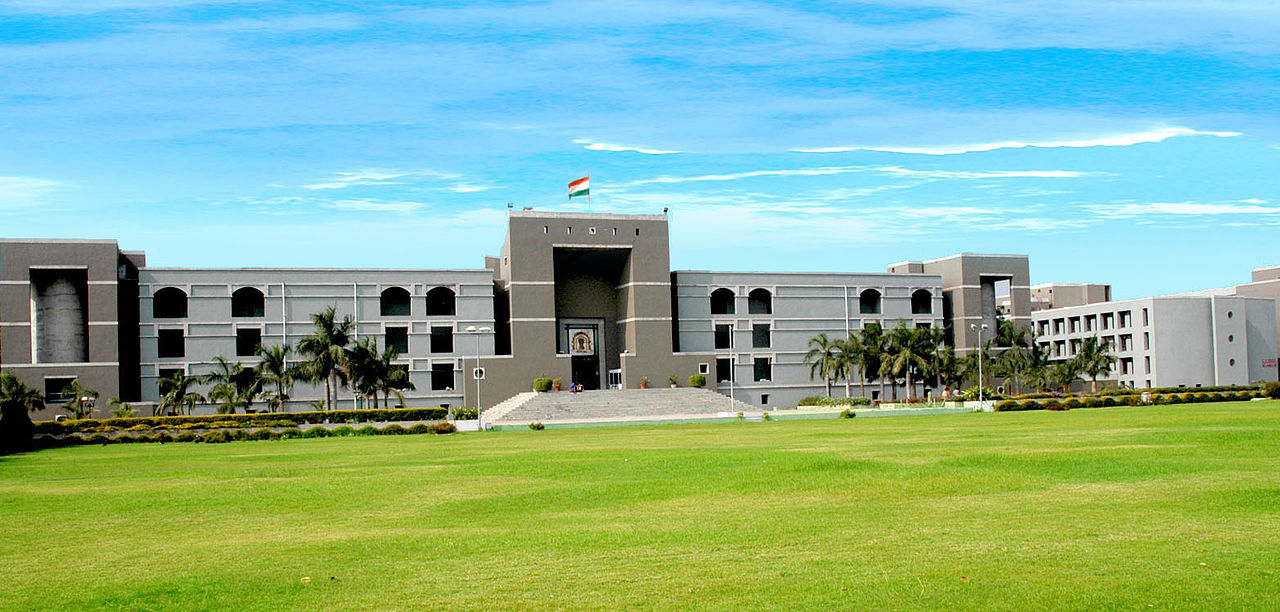23 vacant posts of Judges in Gujarat High Court: Centre Informs Rajya Sabha
July 25, 2024
Ahmedabad: As of June 1, 2024, against the sanctioned strength of 52 judges, 29 judges were working, leaving 23 vacancies in the Gujarat High Court, the Union Government informed the Rajya Sabha in a reply to a question by a Member of Parliament.
Minister of State (Independent Charge) of the Ministry of Law and Justice, Arjun Ram Meghwal, in reply to a question by Gujarat MP Shaktisinh Gohil, stated:
On the basis of the recommendations of the Supreme Court Collegium (SCC), 29 Supreme Court Judges and 406 High Court Judges were appointed between 01.01.2021 and 22.07.2024. During the same period, 03 Chief Justices of India and 60 Chief Justices of High Courts were appointed. Besides, 235 Additional Judges were made Permanent in various High Courts and 74 Judges were transferred from one High Court to another.
The recommendations of the SCC which are under process as on 22.07.2024 are as follows:
| Sl.
No. |
Description | Number(s) |
| 1. | Appointment of Judges in High Courts | 68 |
| 2. | Appointment of Chief Justices of High Courts | 07 |
| 3. | Proposal for transfer of Chief Justices of High Courts | 01 |
| 4. | Proposal for transfer of Judges of High Courts | 05 |
The Judges of the Supreme Court and High Courts are appointed under Article 124, 217 and 224 of the Constitution of India and according to the procedure laid down in the Memorandum of Procedure (MoP) prepared in 1998 pursuant to the Supreme Court Judgment of October 6, 1993 (Second Judges case) read with their Advisory Opinion of October 28, 1998 (Third Judges case).
As per the MoP, the responsibility for initiation of proposals for appointment of Judges in the Supreme Court vests with the Chief Justice of India, while the responsibility for initiation of proposals for appointment of Judges in the High Courts vests with the Chief Justice of the concerned High Court, in consultation with two senior-most puisne Judges of the High Court. For appointments to the High Courts, under the MOP, the views of concerned State Government are also obtained. The recommendations also have to be considered in the light of such other reports as may be available to the Government in respect of the names under consideration.
The recommendations of the High Court Collegium, the State Governments and the Government of India are then forwarded to the Supreme Court Collegium (SCC) for advice. Only those persons are appointed as Judges of the Supreme Court and High Courts whose names have been recommended by the SCC.
Appointment of the Judges of the Constitutional Courts is a continuous, integrated and collaborative process between the Executive and the Judiciary. It requires consultation and approval from various constitutional authorities both at state and central level. While it is of utmost importance that the appointments are made expeditiously, at the same time it is also important to ensure that only the most suitable candidates are appointed as Judges in the High Courts under the collaborative process, the reply further stated. DeshGujarat
Recent Stories
- Schedule Caste members hold rally against Vadgam Congress MLA Jignesh in Mahisagar
- Gujarat govt transfers 37 GAS senior officers
- Gujarat ACB nabs 2 govt-licensed surveyors in Palanpur for demanding ₹1 lakh bribe
- Valsad-Bhagat Ki Kothi & Bandra Terminus-Barmer to run as superfast trains
- All special trains of Western Railway to run with regular train numbers from Jan 1, 2025
- Centre approves 2 tourism projects worth ₹151.06 crore in Gujarat under SASCI scheme
- Gujarat ATS arrests one from Dwarka for spying for Pakistani agents
